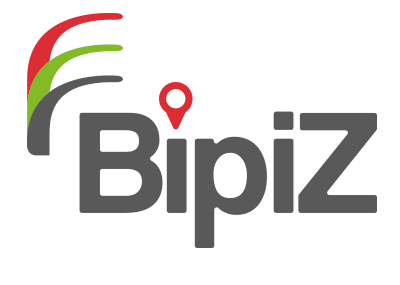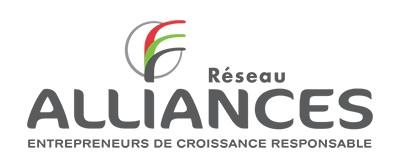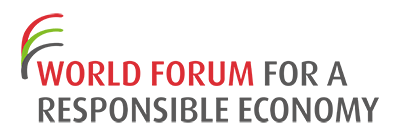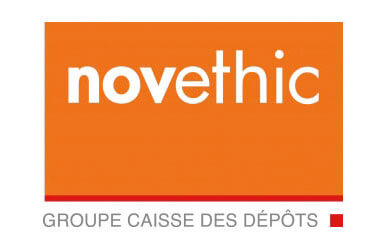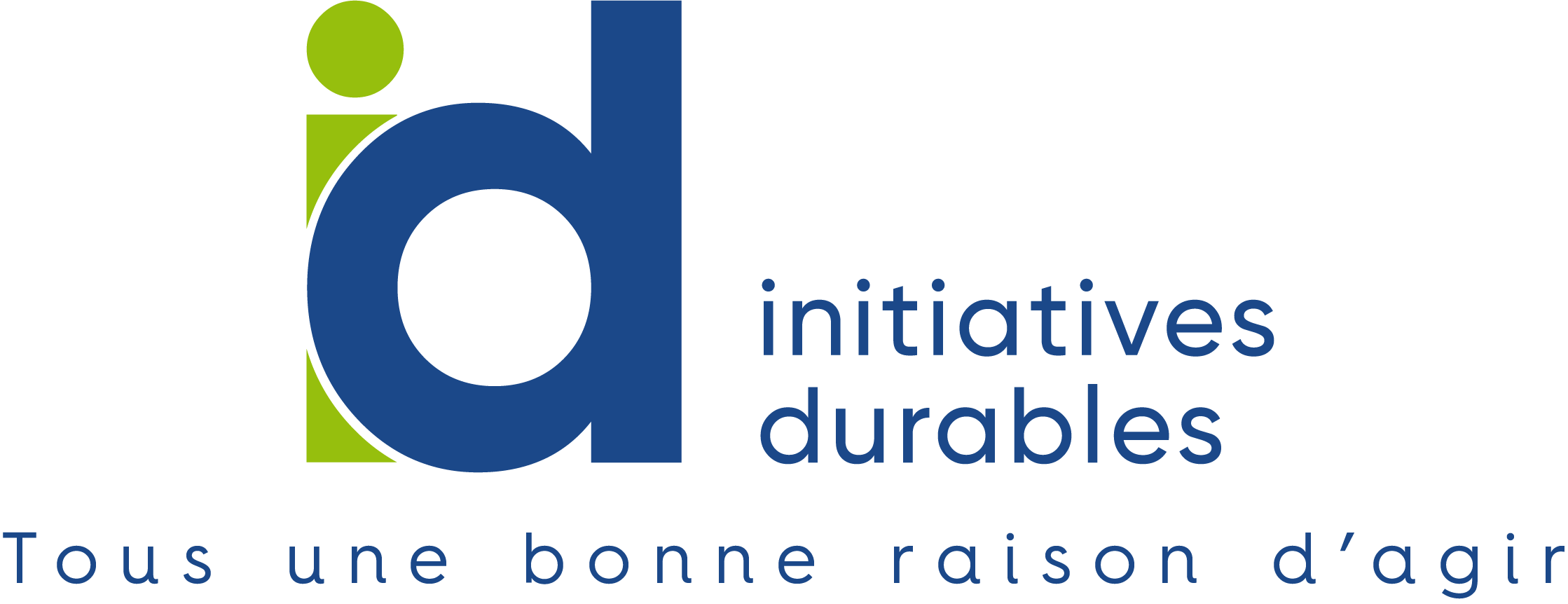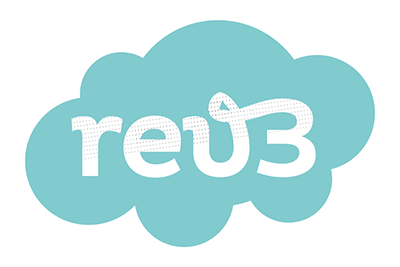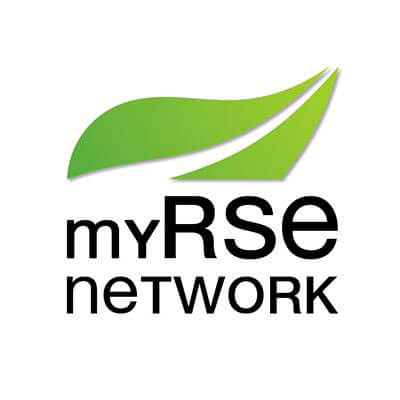Since the establishment of its first biological plant laboratory in 1947 at La Gacilly (Brittany, France), Yves Rocher claims itself to be the inventor of botanical beauty. Through its brand, the group has developed eco-designed products.
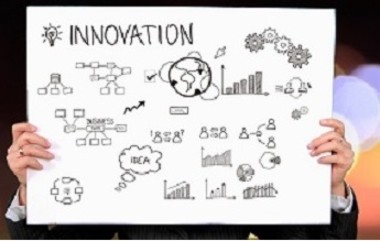

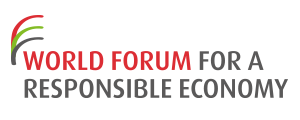
Context
Objectives
- Develop environmentally friendly products
- Minimize negative environmental impacts (waste, packaging, etc.)
- Promote and raise awareness on biodiversity
APPROACH
Yves Rocher develops organic farming with 40 organic certified hectares nearby La Gacilly. The products are not all "organic" (in order to allow accessible prices), yet 90% come from plants. Suppliers have signed a social and environmental charter which obliges them to answer a questionnaire about the plants used. They may be audited at any time by Yves Rocher (40 audits per year since 2005).
In addition, the group has reduced its packaging and waste. Eco packaging "Inositol Végétal", awarded by ADEME in 2006, allows consumers to refill containers and comes with usage advice on products, cotton, etc.
The foundation of the group, founded in 1991, supports actions for nature and environmental education in 50 countries. In 2007, it became involved with the UNEP (United Nations Environment Programme) and Wangari Muta Mathai (Nobel Prize recipient in 2004) on the operation operation "Plant for the Planet".
CONTRIBUTION TO COMPANY PERFORMANCE
- Brand attractiveness for consumers
- Sales growth
- Eco-refills: reduction of transportation costs (130 eco-refills per box instead of 45 in initial packaging) enables a 22% sales price reduction.
Benefits
- 40 organic certified hectares of crops at La Gacilly : 20 botanical gardens created.
- Reducing packaging by 78% with "Inositol Vegetal”, 20 tons less plastic per year, reducing pollution related to transport
- 5 million trees planted with UNEP
- Country
- France
